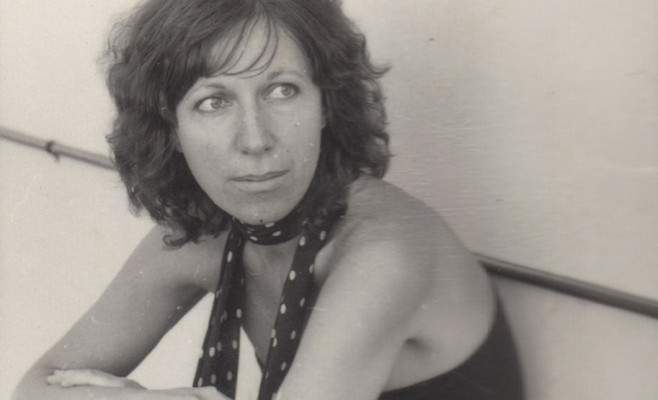Once My Mother
A daughter's documentary portrait of her mother that's personal, relatable, resonant and poignant.
Overview
The realisation that eventually comes to everyone underscores Once My Mother, one that dawned slowly upon filmmaker Sophia Turkiewicz. She grew up listening to stories her mother, Helen, would tell of her life, but could only see as far as the intersection with her involvement. More immediate family history weighed upon Sophia, driving a desire for distance as she grew from a girl into a woman. Unforgiving about time spent in an orphanage, she also demonstrated an unwillingness to look past the emotional scars of her upbringing.
It follows that Once My Mother takes a universal process — that of discovering the real personality of our parents, of understanding the true impact of their past not just upon their lives but our own, and of showing compassion for any missteps along the way — and relates it to the audience in the only way possible: as a personal journey. Turkiewicz's documentary is dedicated to dissecting Helen's resilience through decades marked by difficulties of destruction, discrimination and displacement; however, it is also shaped by a daughter's burgeoning awakening to things only age and experience could help her appreciate.
Many laudatory words are directed towards Helen in the film's narration, written by and told from Sophia's perspective as a letter from the latter to the former but actually voiced by another. The extolling of virtues is justified by the accounts of Helen's epic ordeals in Poland and Siberia during the Second World War, then in Africa in the aftermath, and finally in Australia in an attempt to establish a new life as a single mother. The language remains lyrical and love-fuelled, sensitive and sentimental, even if the revelation that it is uttered by someone else (Jen Vuletic) somewhat skews the sense of intimacy.
Of course, the spoken component is just one part of the documentary, with the visual complement impressive in its detailed assemblage. Starting with Helen in an aged care centre, then going back to the beginning, Sophia combines archival footage and photographs with contemporary-shot interviews and visits. The most fulfilling and fortunate element comes from work filmed many years ago, in the fledgling days of her career and with the flame of inquiry into her maternal genesis just beginning to spark, of earlier chats with Helen.
Turkiewicz's career has spanned a significant slice of Australian film and television since the early 1980s, most notably the AFI-winning feature Silver City. It is fitting that it similarly took stock of familiar circumstances, albeit in fictionalised form. Here, she confronts the true tale with obvious emotion, but also insight and information. Once My Mother is a time capsule of a unique bond, and a testament to the impact of tenacity, both resonant and relatable.






